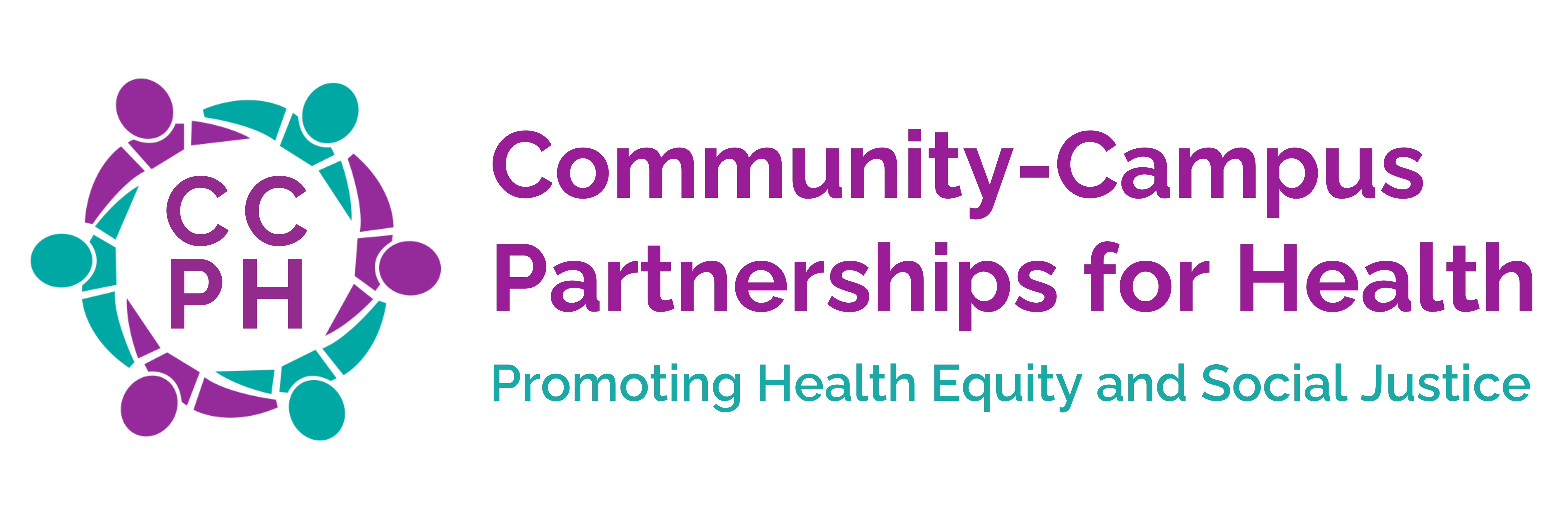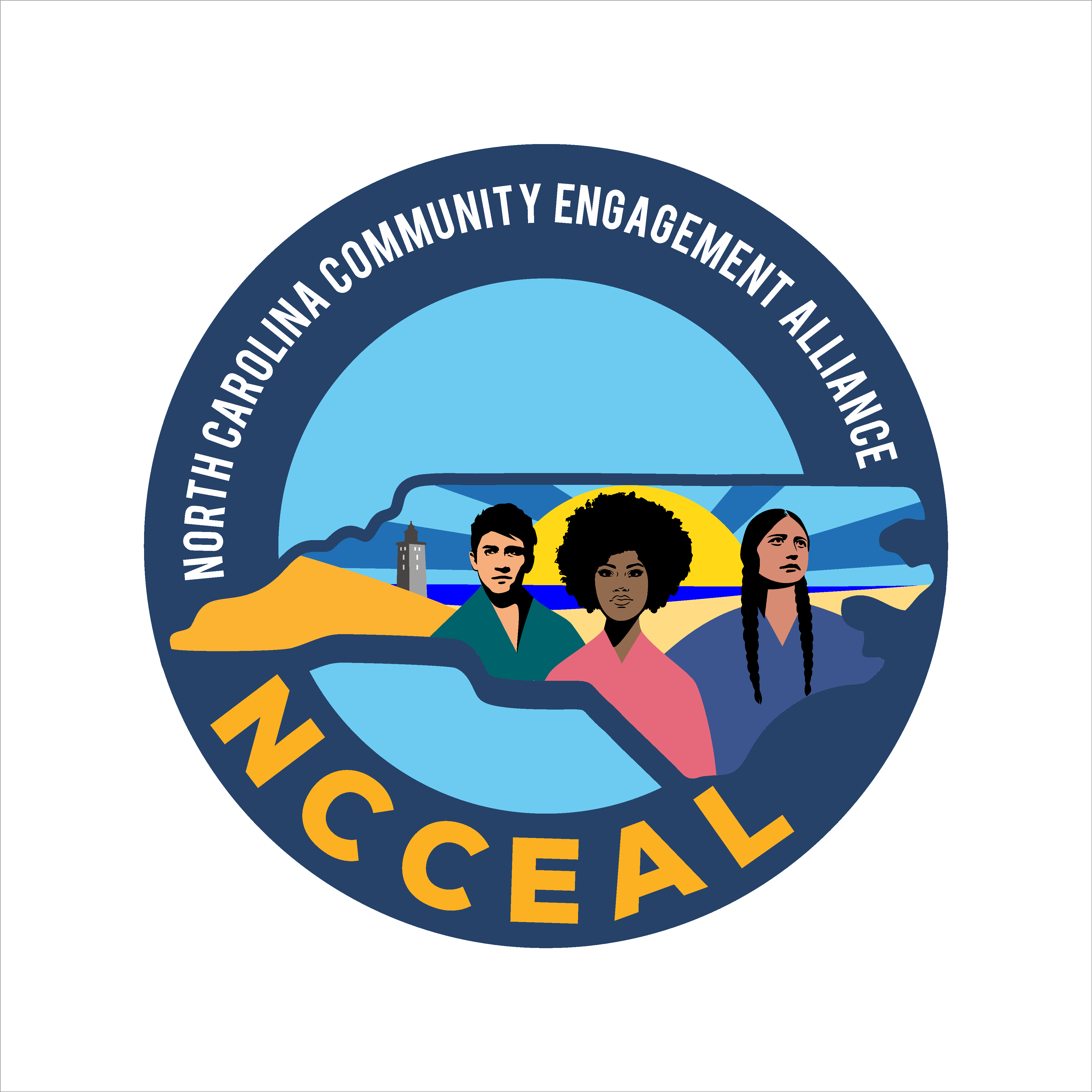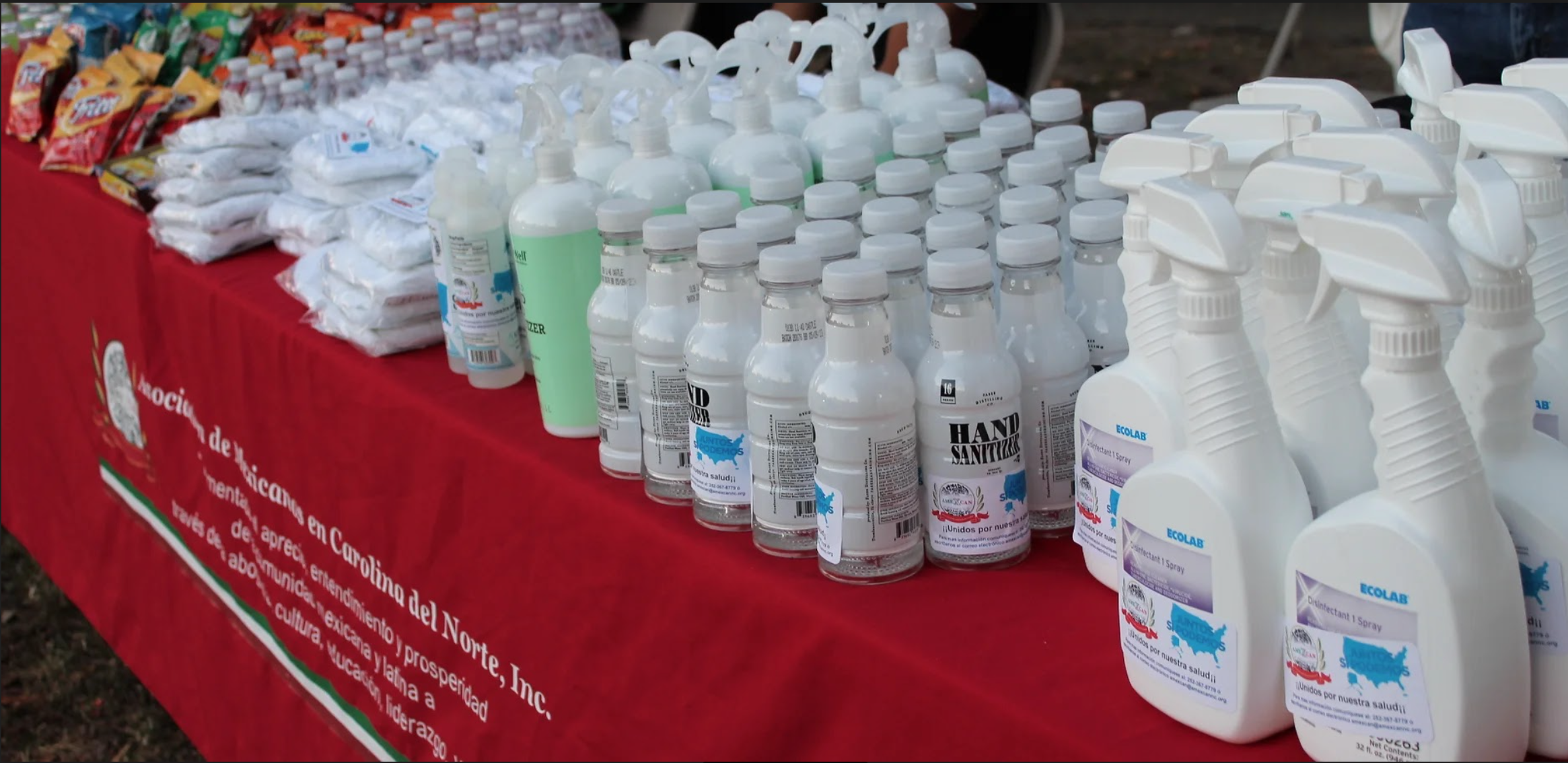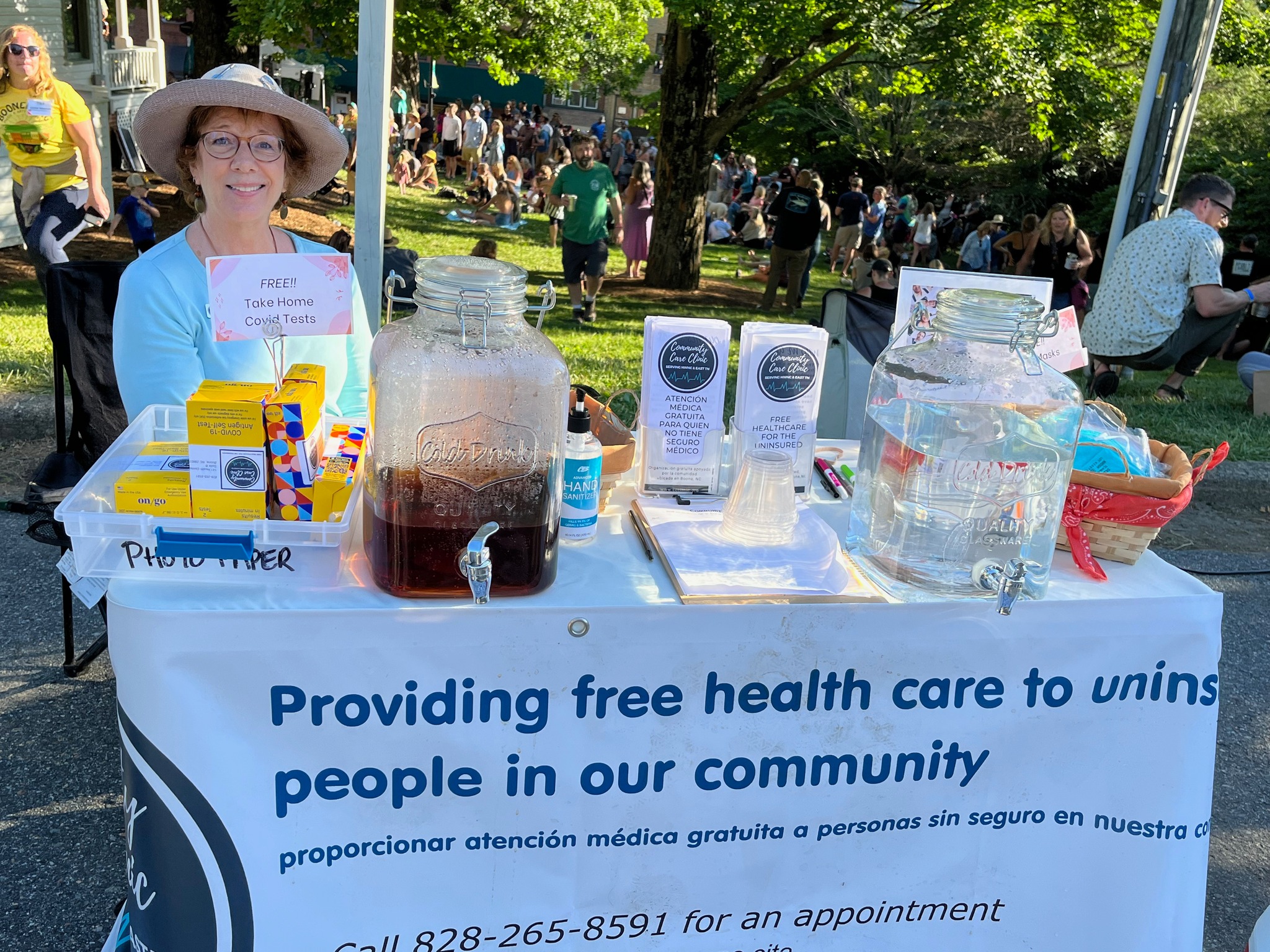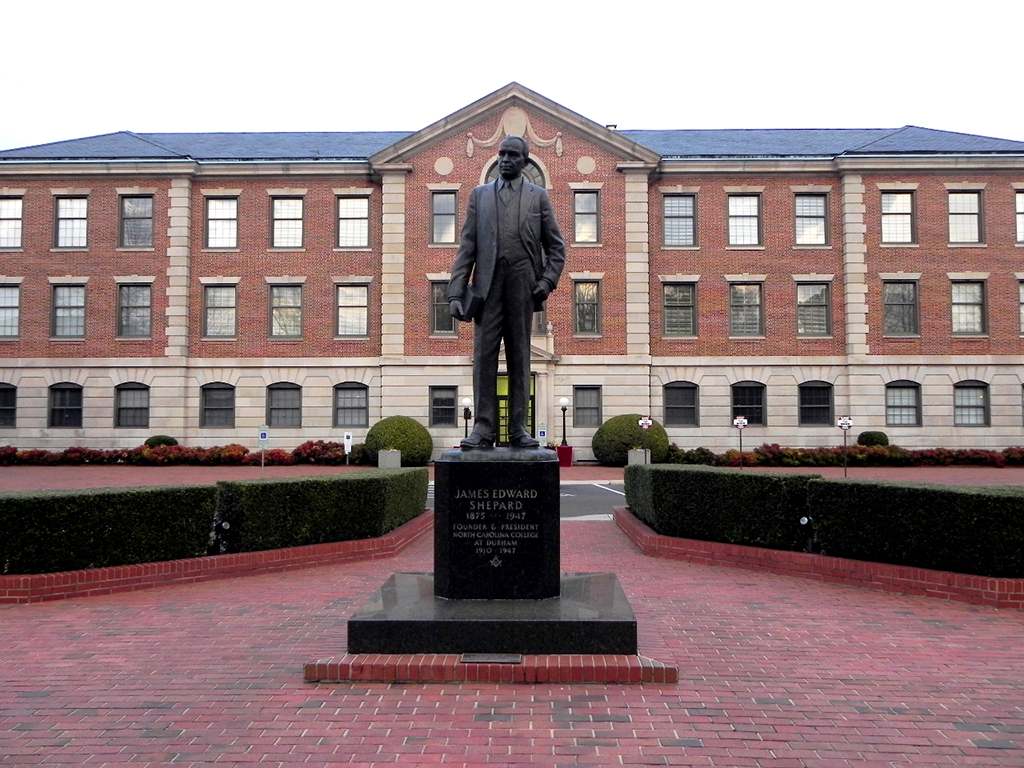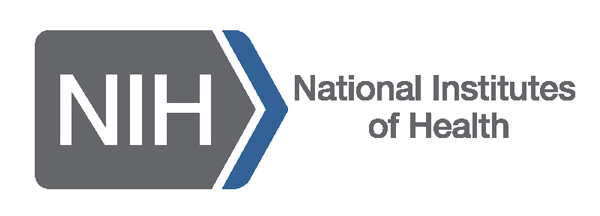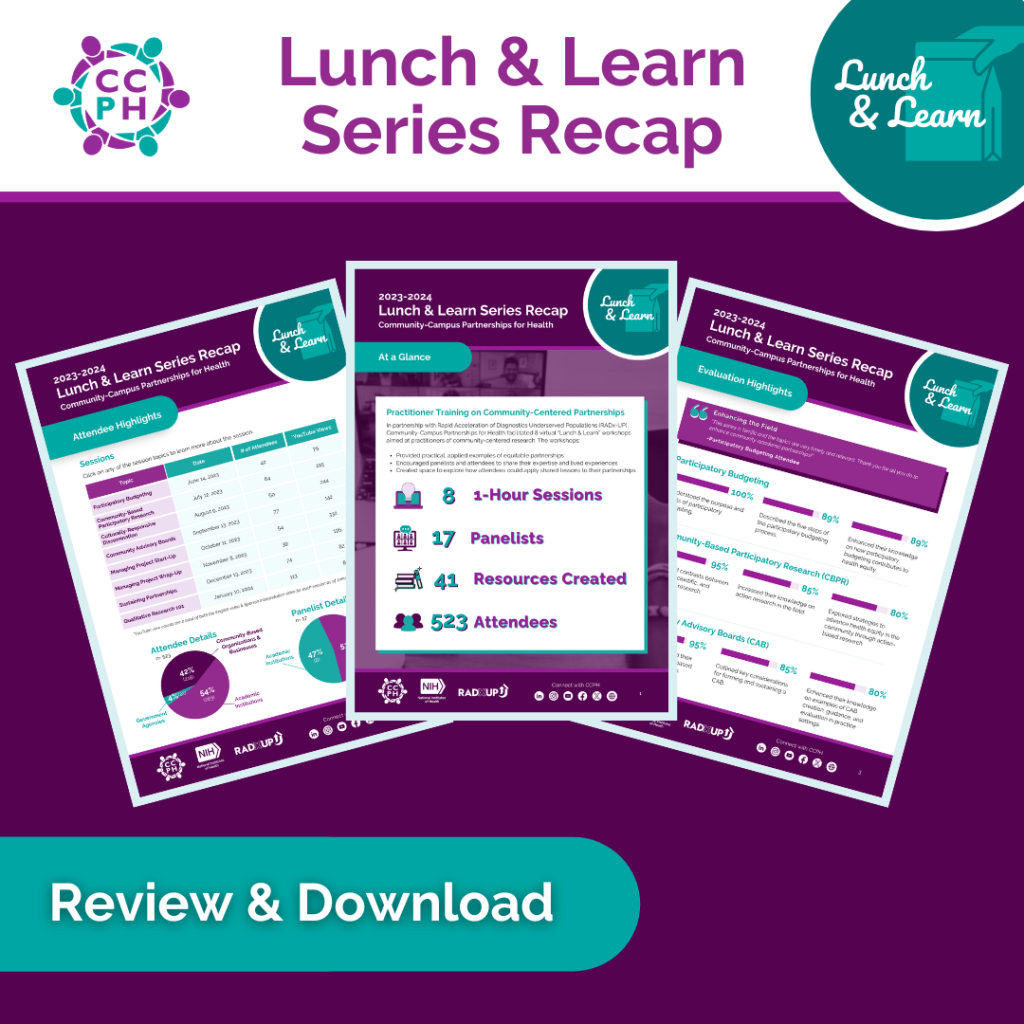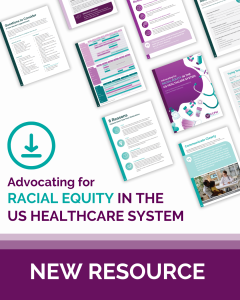NC CEAL
Community Engagement Research Alliance Against COVID-19 in Disproportionately Affected Communities
We are partnering with communities across North Carolina to provide the resources and tools needed to protect our neighborhoods, towns, and cities from the spread of COVID-19.
We’re working together to:
Share trustworthy and science-based COVID-19 information and resources
Train community leaders on evolving issues related to COVID-19.
Rapidly assess, innovate, and evaluate efforts to prevent and reduce the COVID-19 burden.
About NC CEAL
The North Carolina Community Engagement Alliance (CEAL) Research Team is brought together in partnership with Community-Campus Partnerships for Health and the University of North Carolina Center for Health Equity Research.
NC CEAL is one of 21 teams engaged in the NIH Community Engagement Research Alliance Against COVID-19 in the Disproportionately Affected Communities (CEAL) network.
Focus Areas

Get Involved
Webinars & Training
Community Health Worker Mental Health Trainings
COMING SOON
More NC CEAL Resources
View our Resource Library
NC CEAL is here to help you get up-to-date and trustworthy information and materials on COVID-19.
Highlights
2021-2022 at a Glance
During Year 1 of our work with the NIH Community Engagement Alliance, we engaged over 25,000 North Carolinians through community-engaged efforts facilitated by the NC CEAL Community Response Teams (CRT), the Equity, Access, and Uptake (EAU) Task Force, the NCCU Accord, and our 73 Coalition Members.
16
Events
35
Outreach Activities
3
Data Collection Points
7
Training Sessions
520
COVID-19 Tests Distributed
650+
Vaccines Administered
13
13 Distribution of Services
NC CEAL activities fostered unique collaborations across counties, organizations, and industries.
Creating partnerships, task forces, and data sharing increased the impact of grant-specific activities and enabled future collaboration. As communities continue to battle COVID-19, these new relationships will help them do so more effectively.
Our Team and Partners
Equity, Access, and Uptake (EAU) Task Force
The EAU TF focuses on critically considering local needs and existing resources and identifying the best approaches to improve access and uptake of COVID-19 vaccines and therapeutics.
NCCU Accord
The NCCU ACCORD has partnered with NC CEAL to facilitate COVID-19 testing and conduct multidisciplinary research to study public health messages and the impact of COVID-19 on underserved communities in NC.
NC CEAL Coalition
The NC CEAL Coalition is a group of diverse organizations and individuals who share a collective space to connect, collaborate, and receive support and resources to address health disparities in underserved communities in North Carolina.
